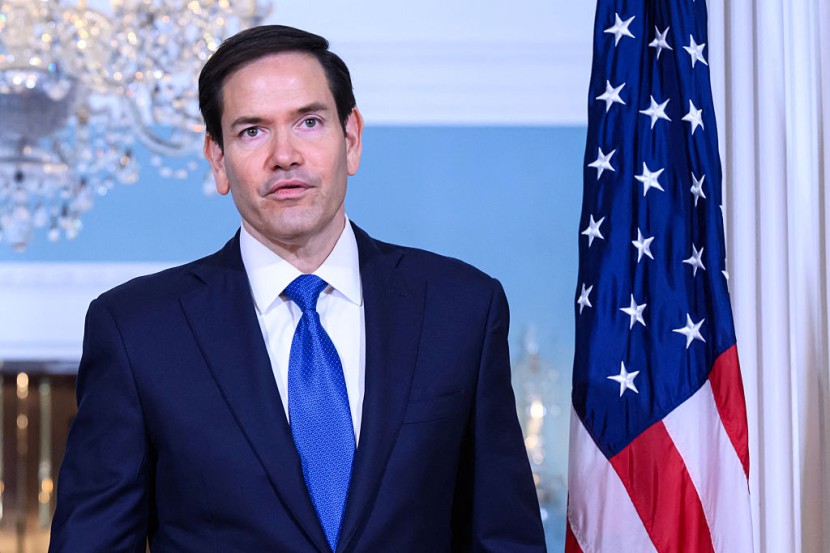
U.S. Secretary of State Marco Rubio recently addressed Israel's actions against Iran, confirming that Israel conducted a unilateral action with no direct involvement from Washington. Rubio stated, "We are not participating in attacks against Iran, and our main priority is to protect U.S. forces in the region,". He warned Tehran against targeting U.S. interests or personnel, emphasizing, "Let me be clear: Iran must not attack U.S. interests or personnel," said Rubio. He reiterated the United States' commitment to safeguarding its forces in the Middle East, noting that President Trump and his administration had implemented necessary measures to ensure this protection.
Israel informed the United States that the action against Iran was motivated by self-defense needs due to ongoing aggression from the Iranian regime and perceived threats from Iran's nuclear program. The Israeli Ministry of Defense announced it had initiated a preventive attack targeting military and nuclear sites in Iran, describing the assault as an effort to neutralize an imminent threat stemming from Tehran's nuclear ambitions.
Explosions were reportedly heard in Tehran following the Israeli strikes, as President Trump had advised against such unilateral action. Despite the strikes, U.S. officials, including Rubio, stressed that Washington did not partake in these operations.
The Israeli Ministry of Defense articulated expectations of potential retaliatory missile and drone attacks against Israel, resulting in a special state of emergency on the home front throughout the State of Israel. This precaution underscores the intensity of the security climate in the region.
Amidst these developments, a sixth round of nuclear negotiations between the United States and Iran is scheduled for Sunday in Muscat, Oman. However, the talks aimed at forging a new nuclear agreement appear to be at an impasse. President Trump has been advocating for a deal that would strip Iran of its uranium enrichment capabilities, a point of contention that has stalled progress. Rubio defended Israel's actions, indicating that Israel had kept the U.S. informed prior to the attack and acted based on its legitimate need for self-defense, according to El Heraldo. The Pentagon reiterated its stance that the U.S. remained committed to protecting its interests and those of its allies in the region.
In statements from the Israel Defense Forces (IDF), the operation was described as a preventive and precise offensive driven by validated intelligence, necessary for Israel's self-defense. This viewpoint demonstrates Israel's determination to act decisively against threats that it asserts Iran poses with its advancing nuclear capabilities.
IDF spokesman Effie Defrin expressed concern over Iran's nuclear progression, stating, "Today, Iran is closer than ever to obtaining a nuclear weapon." His assertion that the Iranian regime, through its proxies, continues to work towards Israel's destruction further heightens regional tensions.
Despite the prevailing hostility, President Trump has voiced a preference for a diplomatic resolution, expressing hopes to avoid conflict with Iran. As discussions loom in Muscat, Trump warned Tehran of the need to make concessions necessary for reaching an agreement. Nevertheless, he signaled caution against military engagements that could jeopardize ongoing diplomatic efforts with Iran.
Originally published on IBTimes
© Copyright IBTimes 2024. All rights reserved.








